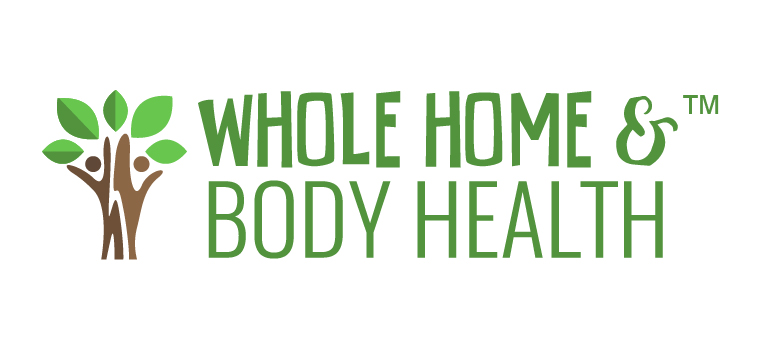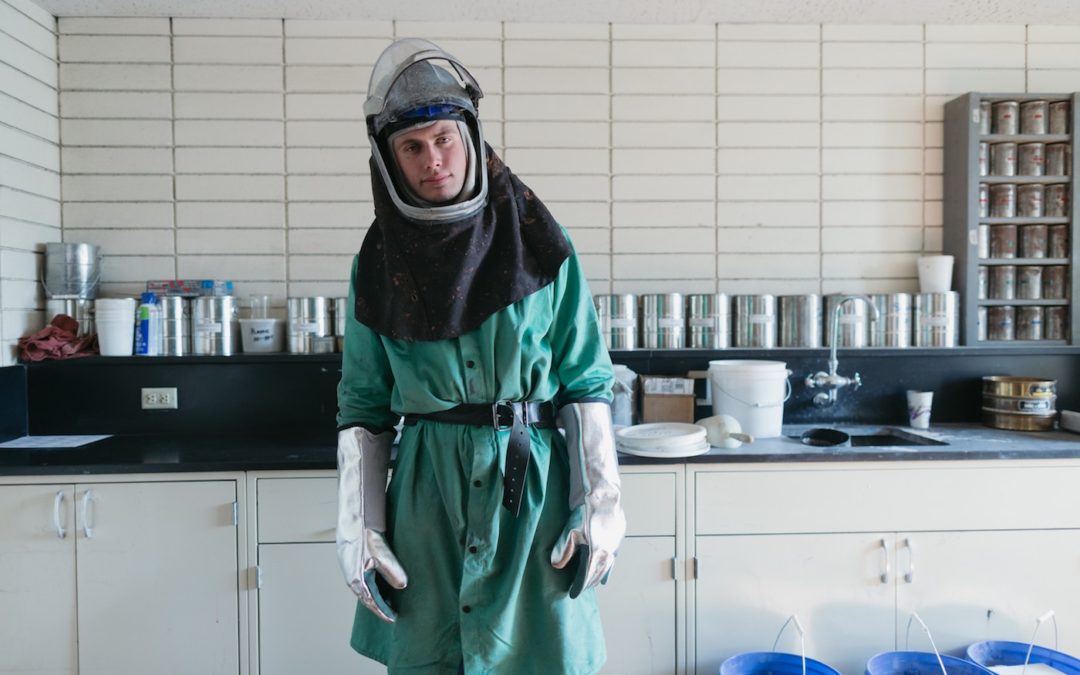I found something interesting today…
As I was doing some research on the average American’s chemical exposure, I came across this website.
Chemical Safety Facts.org. Just let that sink in for a second…..
This is apparently a non-profit as the website is .org. So they clearly have the publics’ best interest in mind right? It has to be a science-based, transparent, organization who’s main goal is to educate the public about the health issues involving the multitude of chemicals being used in our household products everyday…right?
So I read a few articles, and apparently there is no issue with chemicals at all. In fact, they have a super handy tool on the website where you can enter the name of a chemical to see if it’s safe or not: click here to see for yourself. I entered a number of chemicals that I was curious about. A much discussed chemical as of late is BPA, or Bisphenol-A. That’s a common plasticizer that you’ll find in nearly all canned goods, water bottles, plastic containers etc. In the last few years you’ve likely seen many of these products advertised as ‘BPA free’, because there was a lot of public outcry about the possible health effects of it.
As I like to rely on science for factual information when it comes to these things, I did my own research on BPA years ago. If you enter BPA into your search engine, the first thing that will pop up is a ‘website’ debunking the myths of the dangers of BPA. (click here). If you put this into goole- you’ll note that it’s the first thing that comes up because it’s an Advertisement. Hmmm…. Scroll down a little more and you’ll see a lot of the same thing. Industry desperately trying to convince you BPA is perfectly safe!
Now what happens if I enter ‘Pub Med BPA‘ into google. I get this. Page after page of medical studies showing the negative health effects of BPA. Pub Med is a highly respected website which gathers science based studies from journals, books and biochemical literature from around the world. Since BPA is such a well studied chemical, there are a plethora of studies that the public can review right on this website. After reading many of these studies, it is hand’s down clear as day that BPA is estrogenic and can cause endocrine disruption and other more serious health issues.
So what happens if I enter BPA into the handy tool on the Chemical Safety Facts .org website? SURPRISE! According to this non-profit, BPA is perfectly safe, and there is no cause for concern. Phew! Glad to hear that. But wait, what about all those scientific studies? Something is fishy here.
I dug around online to see if I could figure out where the Chemical Safety Facts .org comes from. What is the structure of this ‘organization’? Who are the members, leadership, etc. I couldn’t find much, but when I clicked on the ‘Terms’ link at the bottom of the home page, I was directed here. Well how surprising? This website is apparently produced by the American Chemistry Council, which I’m going to just assume here has a vested interest in the production and proliferation of chemicals. I was also disturbed by the disclaimer I found on the Chemical Safety Facts website:
Disclaimer
This website provides general information only about a chemical or class of chemicals; it does not and cannot provide safety information specific to any particular consumer product, it is not intended to be comprehensive or complete, and it should not be relied upon to ensure safe and appropriate use of any particular product or chemical. Because the safety of any consumer product requires an understanding of its specific chemical composition, as well as the intended uses of the product and potential exposure to various constituents, consumers should follow the specific instructions and product labeling provided by the product manufacturer.
So you’re not fooled by this right? You see where I’m going with all this? As mere citizens and consumers, we are NOT protected by any governing agency when it comes to the products we buy or the products we are exposed to everyday. It is 100% up to each of us individually to do the research about the products we choose to consume. There is a significant amount of mis-information out there designed to fool you into thinking this or that product is perfectly safe so that you buy it. DO NOT be fooled! And don’t rely on a quick google search to put your mind at ease. Sadly, we often have to dig a little deeper to uncover the truth.
In Building Biology we adhere to the basic rule: nature is the ultimate guide. The farther we get from nature, the more risk we’re putting ourselves into. So if all this is overwhelming for you and you can’t seem to make decisions, just come back to this mantra. If you’re buying a cleaning product and you can’t pronounce the ingredients, don’t buy it. If the label says ‘baking soda and vinegar’, you can feel comfortable about that. If you’re still overwhelmed don’t panic- give us a call and we’ll simplify this for you. We love helping people wade through the muck and come out healthier on the other side!


Cathy Cooke, BCHN, BBEC Holistic Nutritionist and Building Biologist is the founder of Whole Home and Body Health which provides EMF Assessments, Mold Testing, and Nutrition and Health Consulting located in Boise, Idaho. Cathy is available for consulting via skype and phone, and is also willing to travel as needed for home assessments. Schedule an appointment today!

